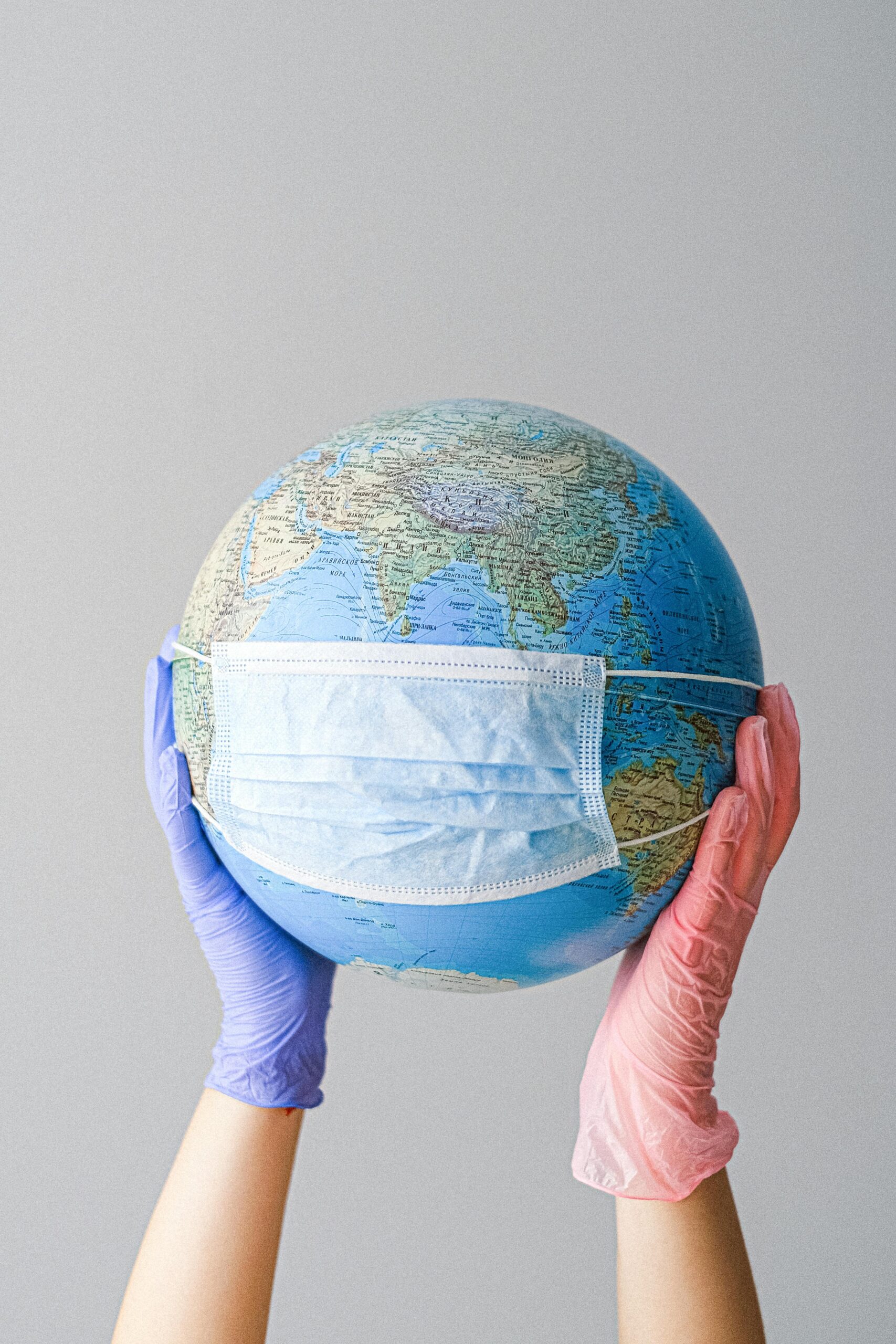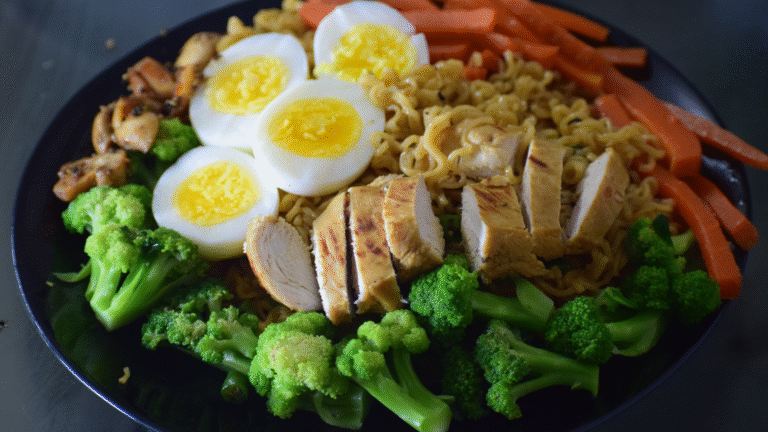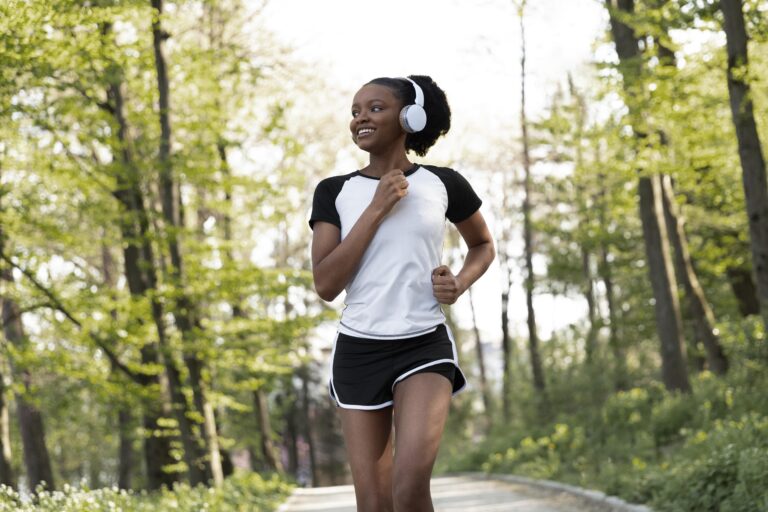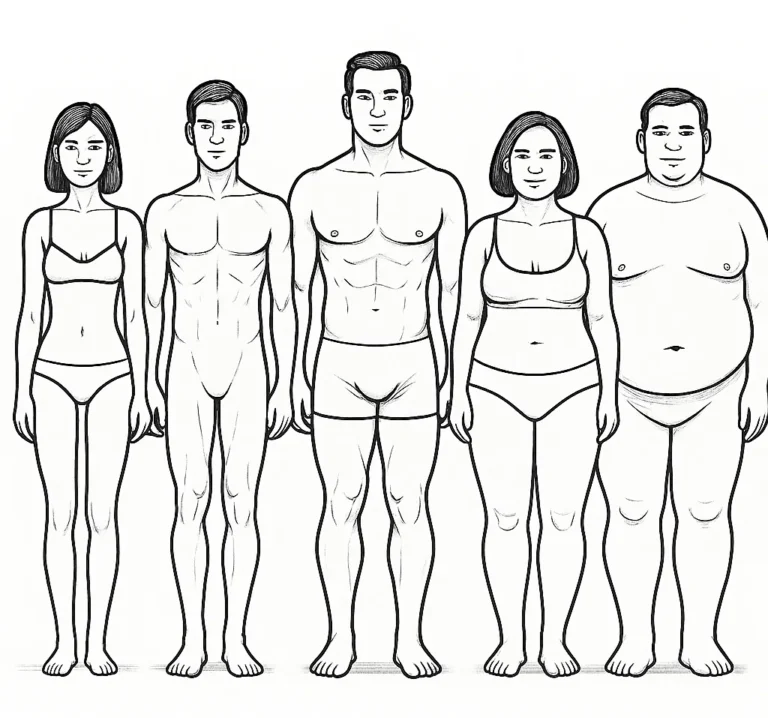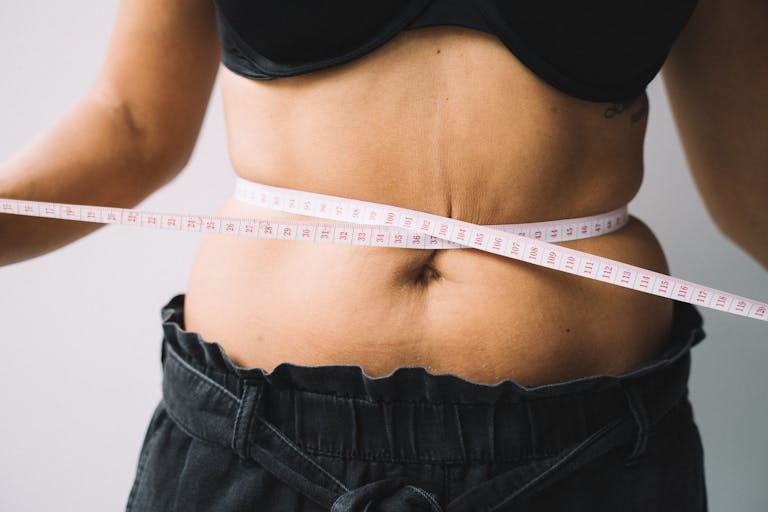Introduction
The COVID years feel like a time freeze, when everyone went into isolation, sanitation became survival, and our immune systems went to war. Six years have passed since the first COVID-19 case was reported, and it has reshaped the world in ways we’re still processing.
Keyboard warriors flood Reddit subs and Facebook comment sections with the obvious concern,
Did the covid-19 vaccine weaken our immune system?
Many people have voiced concerns about their increased frequency of illness and wonder if it’s due to COVID-19 or if vaccination has played a role. This article explores both perspectives, separating myths from facts, and explains what research reveals about post-COVID immunity and the concept of a “weakened immune system.”
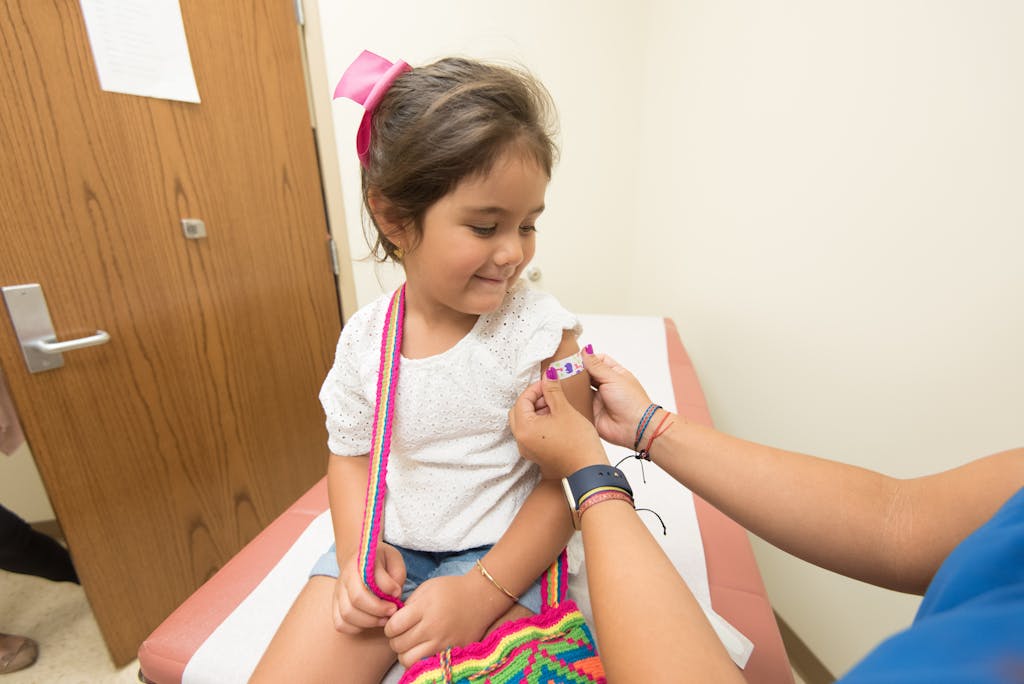
How Vaccine Affects the Immune System
To fully grasp what this article says, here are a few terms explained in plain words so you don’t have to look them up:
- Immune system: Your body’s defence against harmful viruses, bacteria, and other foreign invaders. It consists of different organs, cells, and proteins.
- Immune response: When a pathogen enters the body, the immune system becomes activated and fights against it, triggering an immune response. This can involve fever, inflammation, or swelling as your body fights back.
- Pathogen: is an agent that causes disease. It can be a microorganism, virus, toxin, or even ionising radiation that can infect a host and cause illness. Pathogens are often referred to as germs or infectious agents
- Antibodies: These are tiny proteins produced by the immune system that attach to foreign substances(bacteria, toxins, viruses) to identify and neutralise them, and protect your body from infectious diseases.
- Antigens: The “red flags” on pathogens, these are pieces of the pathogen on a molecular level (like the COVID spike protein) that the immune system recognises as foreign. For more understanding, see this article.
- Memory Cells: Special long-lived immune cells that “remember” past infections or vaccines, helping your body respond faster and stronger if the same invader comes back.
Understanding What a Vaccine Is
What is a vaccine?
A vaccine is a substance made from either a dead or weakened pathogen that is injected into your body to induce an immune response. The body identifies it as a threat and starts producing antibodies and memory cells against it.
Fun fact: It’s safe! About four million deaths are prevented each year by childhood vaccination.
The Classification of Vaccines
According to the WHO, some vaccines may not have a dead or weakened pathogen and instead have a protein (RNA or DNA) as a manual to produce the antigen in the body.
In this case, the body is triggered and responds aggressively, like it would in the case of the real pathogen.
For COVID-19 specifically, there are different types of vaccines used to combat the infection:
Pfizer and Moderna are mRNA vaccines. They use mRNA to instruct your cells to produce the spike protein found on the coronavirus that acts as an antigen and induces an immune response.
Note: An mRNA vaccine uses messenger RNA (mRNA) to instruct your cells to make a harmless viral protein, which then triggers an immune response, teaching your body to fight off the actual virus. Unlike traditional vaccines that use weakened or dead pathogens, mRNA vaccines don’t contain any part of the virus itself. They are also highly adaptable, allowing for quick updates to protect against new viral variants.
AstraZeneca, Johnson & Johnson, and Sputnik V are vector vaccines. They use a weakened adenovirus as a vector to give instructions to your cells to make the spike protein of the coronavirus. This protein acts as an antigen and triggers an immune response.
Other COVID-19 Vaccines like Sinopharm(inactivated virus) or Novax(protein subunit) use slightly different methods, but the ultimate goal is the same: to train your body’s defences against the real pathogen.
Note: In early studies, the efficiency rate of the COVID-19 vaccines was over 90%.
Vaccine Training vs Natural Infection in The Body
The body’s immunity depends on the interaction with the antigen.
Was it the real antigen? Or was it the vaccine?
In the case of vaccines, like Moderna and Pfizer, that use mRNA to produce a spike protein in the human body, the memory cells and antibodies produced are against that protein only. While the response focuses on a single part of the virus, it’s highly effective in preventing severe disease and hospitalisation.
However, in the case of the real infection, the body comes into full contact with the real antigen and fights against it. In this way, the antibodies and memory cells produced are diverse due to exposure to a large number of bacteria and viruses. This can lead to strong, long-lasting immunity, but it comes with real risks, especially for the elderly or people with health conditions. Recovery isn’t guaranteed, and the illness itself can be dangerous.
So, which one is better?
There isn’t a simple answer. Vaccines train the immune system safely, producing memory cells that focus on the spike protein, highly effective in preventing severe disease, while natural infection can create broader, longer-lasting immunity, but a vaccine is a better solution because prevention is better than cure.
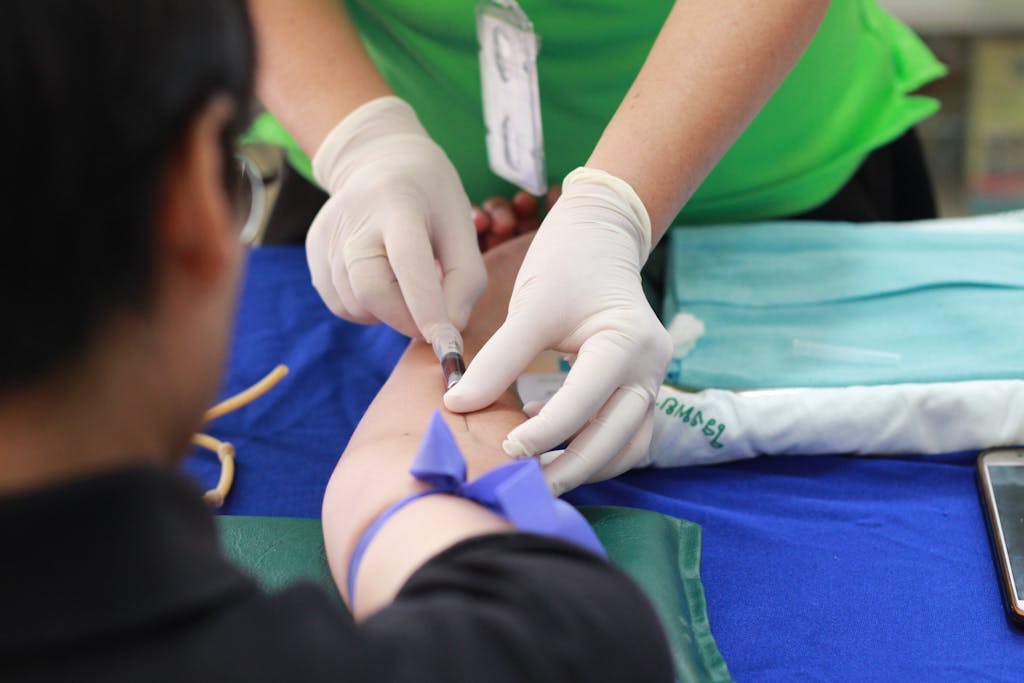
Are We Getting Sicker Often After COVID?
Statements like “I caught the flu again!” and “I keep falling ill all the time” have flooded the internet, so we need to address the elephant in the room.
Does this question hold any truth, or is it an exaggerated concern?
According to a Bloomberg article, in certain regions, the spread of infectious diseases is ten times higher compared to the pre-COVID era. So, yes, people really have started to fall sick more after the COVID era.
Let’s take a look at a few factors that have aided in this situation:
- How Lockdowns Changed Our Exposure to Viruses
During the pandemic, everyone was forced to stay at home, reducing contact with the outside world. As a result, people, especially children, had fewer chances for their immune systems to “practice” fighting routine infections because they didn’t come into contact with viruses other than COVID. This doesn’t mean immunity declined, but the lack of exposure made some people more susceptible to infections.
- The Post-Viral Immune Dip
Catching COVID itself can temporarily affect the immune system. After fighting such a large-scale infection, the body may go through a “dip”, a period where it’s more vulnerable to other illnesses for a short time – Doctors note. However, for most people who didn’t have severe COVID, this dip is temporary and not a sign of permanent immune weakness.
- The Curse of Perception
Another common factor is the idea of “noticing more”. Ever since COVID, we have started talking more about illnesses and are more invested in getting treated. A doctor says that since we’re talking about it more, everyone wants to get a diagnosis now, and that there are diagnoses available.
- Clearing Up Vaccine Myths
It’s also worth noting what’s not causing this trend: vaccines. Contrary to the online myths and rumours, vaccines do not weaken the immune system. They train it to respond better. While nothing is completely safe and risk-free, doctors emphasize that the net benefit of vaccination is overwhelmingly positive, protecting against severe illnesses.
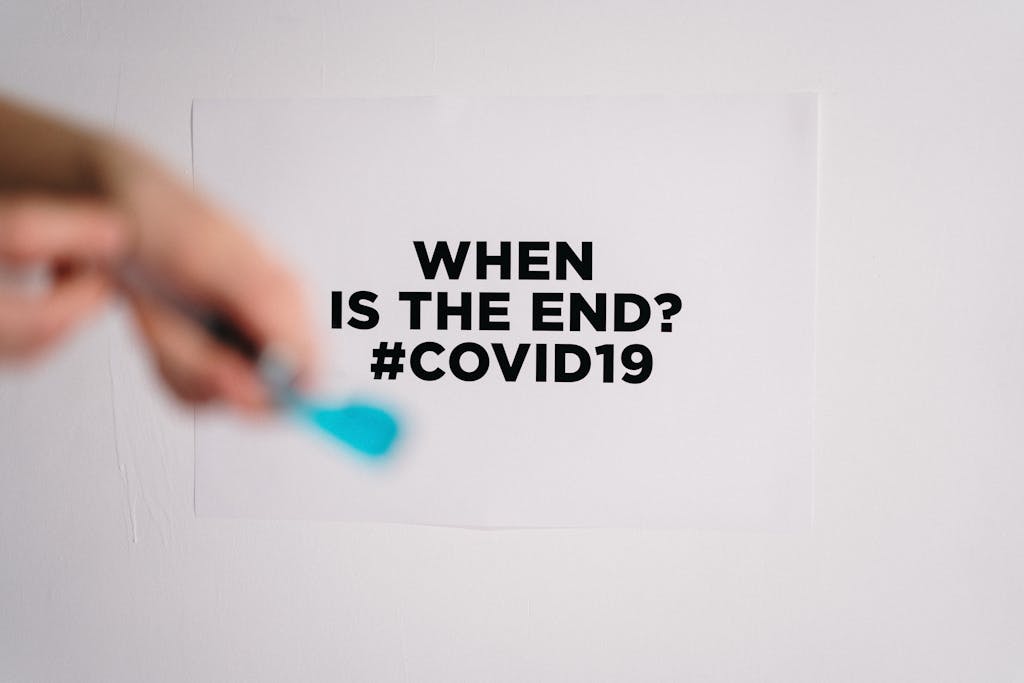
Myths vs. Facts
- Vaccines weaken your immune system (“immune overload”)
Fact: COVID-19 vaccines do quite the opposite; they stimulate and strengthen immune responses. Research shows no evidence of long-term suppression; instead, vaccines train your immune system to respond effectively.
- Vaccines alter your DNA or contain microchips.
Fact: Vaccines contain mRNA and do not alter the cell nucleus or the DNA. The CDC confirms that vaccines are safe for humans and do not alter the DNA.
- ADE (Antibody-Dependent Enhancement) makes future infections worse
Fact: ADE has not been observed in the case of COVID-19 vaccines in clinical trials or real-time data. It’s avoided in the vaccine-making. No studies, clinical trials, or even post-vaccination data have shown ADE in COVID vaccines.
- COVID-19 vaccines cause cancer or make cancer harder to treat
Fact: COVID-19 vaccines are not linked to higher cancer rates. There is no scientific evidence to prove that these vaccines cause cancer.
This myth may have stemmed from a personal experience or a rare observation.
Conclusion
The COVID-19 vaccine was given to more than 5.5 billion people across the globe, a number so massive it is impossible to ignore its impact. Mortality rates dropped, hospitals were saved from collapse, and countless lives were protected. Weakening our immune systems? The vaccine acted as a training ground, arming our antibodies; our defences, preparing our memory cells, and sharpening our body’s defences against a dangerous enemy.
People may feel they are getting sick more often now, but that is linked to the virus itself, lockdown effects, and increased awareness, not vaccination. The evidence is clear, and the real power lies in questioning rumours and demanding proof before believing false health claims.
Eat a healthy diet, get a fix yourself with a good workout routine, and you will be fine.
Don’t outsource your health to headlines; find evidence!
Stay fit, stay healthy!


